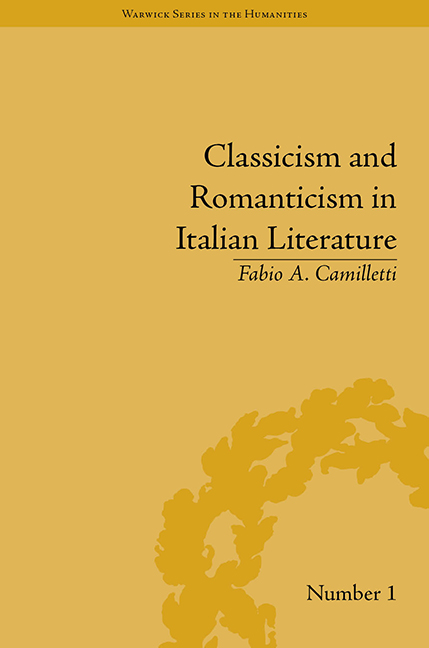Introduction
Summary
My paradise lies ‘in the shadow of my sword’. At bottom, all I had done was to put one of Stendhal's maxims into practice: he advises one to make one's entrance into society by means of a duel. And how well I had chosen my opponent!
Friedrich Nietzsche, Ecce Homo(1888)Ta générationest née d'un événement qu'elle n'a pas connu. (Your generation is born out of an event that it did not experience.)
Olivier Rolin, Tigre de papier (2002)1. In 1818, from Weimar, Johann Wolfgang von Goethe happened to comment upon a striking phenomenon:
Romantico! questa voce strana per le orecchie italiane, sconosciuta finora in Napolie nella felice Campania, in Roma usata tutt'al più fra gli artisti tedeschi, muove da qualche tempo gran romore in Lombardia e particolarmente in Milano.
(Romantic! this term, a strange one to the Italian ear, thus far unknown in Naples and in happy Campania, and used in Rome for the most part by German artists, raises since quite a while much clamour in Lombardy, and particularly in Milan.)
In restricting the uses (and abuses) of the term ‘Romantic’ to Milan and Lombardy, Goethe individuated one of the most crucial features of Italian Romanticism, which would definitely have a deep impact on its later developments. The first group of writers and intellectuals labelling themselves as ‘Romantics’ were all based in Milan, which at the time was part of the kingdom of Lombardy-Venetia that had been created as a constituent state of the Austrian Empire at the Congress of Vienna.
- Type
- Chapter
- Information
- Classicism and Romanticism in Italian LiteratureLeopardi's Discourse on Romantic Poetry, pp. 1 - 20Publisher: Pickering & ChattoFirst published in: 2014

